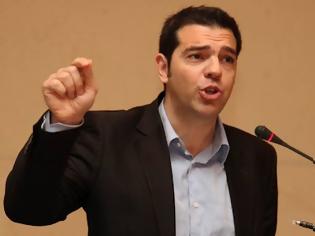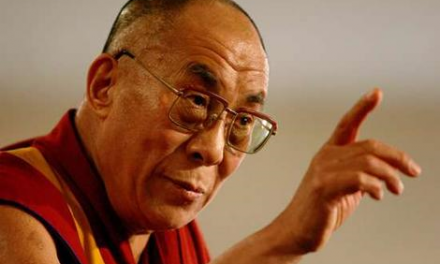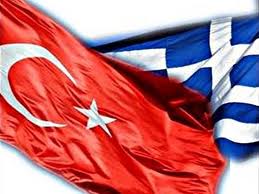By Sally Brammall, The guardian
Talk to those who are building Greece’s civil society and it becomes clear that volunteering brings people together no matter what their political views
“We have this fantastic potential: hundreds of volunteers all over Greece,” says Alexander Theodoridis, founder of the food surplus distribution charity Boroume. “We have to grow our organisation to the next level and be professional about this.” Just opposite Theodoridis, there is a map on the wall dotted with coloured pins, each representing a location across Greece where Boroume has a local partner. The density of the pins shows how the organisation’s network has grown since its inception in 2012.
NGOs across Greece, not just those providing emergency social aid, report that increasing numbers of people are coming forward to help. Yet a 2013 survey by Human Grid, a project linked to TEDxAthens, found that only 3% of Greeks belonged to a volunteer organisation, while the most recent European statistics suggest that Greece has one of the lowest volunteering levels in Europe.
Social welfare issues have historically been seen as the responsibility of the state, the family or the church, but the far-reaching impact of the crisis has encouraged many Greeks to think again. “Volunteering needs to become an everyday activity, like brushing your teeth,” says Myrto Papathanou, founder of Volunteer4Greece, which connects people with not-for-profit projects.
Introducing ideas about volunteering into school timetables is one place to start. The Greek government has recently given preliminary approval to a pilot programme in selected public schools – the first of its kind – that will train teachers and incorporate materials on volunteering into the curriculum. Greece is currently one of only two European countries that provides no civic education training for teachers.
Desmos, a non-profit organisation that links social welfare organisations with in-kind donations, is designing the programme in partnership with the Lambrakis Foundation. “It’s about creating a culture of volunteering and active citizenship,” explains its general director, Ekavi Vallera. “It’s not a fad, people are actually invested in finding a way to deal with this in the long term.”
One young start-up tackling reluctance to volunteer is GloVo, which sends teams of volunteers to support events, predominantly in Athens. Kostapanos Miliaresis, 22, founded GloVo after experiences with the Scouts and AIESEC (an international work experience scheme) left him feeling frustrated that more people like him were not getting involved.
Youth volunteering boom
“I realised that many people wanted to volunteer but didn’t know how,” he says. GloVo’s mission is simple: to make volunteering easy. In two years, 3,600 people – mostly aged 18-24 – have registered on GloVo’s online database. Half have never volunteered before. Although many cite a desire to help those affected by the crisis, persistently high youth unemployment across Europe means that, for some, volunteering is also their only route into work.
The rise of initiatives to formalise volunteering has not sidelined the grassroots community action that sprang up in response to austerity policies. The community mapping Omikron Project reported a 70% increase in the number of local initiatives started over the last year.
According to Omikron’s Mehran Khalili, such solidarity-focused projects often consciously avoid professionalising their relations with volunteers or applying for grant funding in a bid to retain independence.
Although the exact number of these small-scale initiatives is constantly in flux, Sotiris Petropoulos, a researcher from the University of Peloponnese, believes that they are likely to remain a fixture of Greek civil society. “These groups form organically in response to problems in the neighbourhood, and they get a lot of people who really want to help,” he says.
Petropoulos is part of a team working on an index that will assess the credibility of civil society organisations for investors and the public. Cultivating enthusiasm for volunteering also means overcoming the mistrust of NGOs that some Greeks have, he says. “When you use the word NGO it has a negative meaning,” says Petropoulos, referring to media coverage of alleged malpractice in the sector.
Other criticisms levelled at NGOs include suggestions that many are too closely aligned with political parties, with 38% of Greeks surveyed by Human Grid expressing concerns that organisations may have a hidden agenda.
For Khalili, efforts to build civil society will continue regardless. “This is about answers to systemic problems in society and issues that are largely cross-ideological. Volunteering brings people together, no matter what their politics.”



















